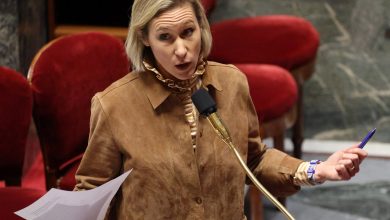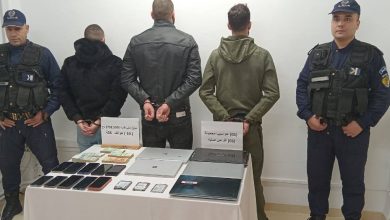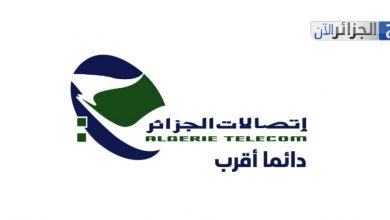Human Rights Watch reveals that Meta’s policies are increasingly suppressing pro-Palestinian voices on Instagram and Facebook during the Israeli war on Gaza. The report highlights the unjust removal and censorship of content supporting Palestine, impacting peaceful expression and public discourse on Palestinian human rights.
In the midst of the Israeli war on Gaza, Human Rights Watch (HRW) has raised concerns about Meta’s policies, stating that the company is stifling voices in support of Palestine on its platforms, Instagram and Facebook.
According to a report obtained by Al Jazeera, HRW outlines a pattern of unjustified content removal and suppression of pro-Palestinian content, including peaceful expression and public discourse on Palestinian human rights.
The 51-page report titled “Breaking Promises: Meta’s Policies and Content Oversight on Instagram and Facebook Regarding Palestine” highlights issues with Meta’s policies and their implementation, pointing out inconsistencies, errors, over-reliance on automated content monitoring tools, and unwarranted government influence on content removal processes.
Debra Brown, Acting Director of the Technology and Human Rights Division at Human Rights Watch, criticizes Meta’s content control, stating that it exacerbates the suffering of Palestinians amid the atrocities and horrendous repression they face.
The report identifies six main patterns of censorship, each repeated in at least 100 cases, including content removal, account suspension or deletion, inability to interact with content, inability to follow or tag accounts, restrictions on using features like Facebook/Instagram live, and limiting the visibility of posts without notification (shadow banning).
Human Rights Watch reviewed 1,050 internet censorship cases in over 60 countries, finding alignment with reports from Palestinian, regional, and international human rights organizations detailing Meta’s censorship of pro-Palestinian content.
The organization emphasizes Meta’s reliance on the “Dangerous Organizations and Individuals” policy, which includes lists of “terrorist organizations” designated by the United States. This policy, according to HRW, restricts legitimate expression about the armed conflict between Israel and Palestinian factions.
In more than 300 documented cases, users were unable to appeal content or account removal due to flaws in the appeal mechanism, denying them effective avenues for justice, as per the report.
The report acknowledges that Meta is aware of the flaws in its policy application, citing HRW’s warning in a 2021 report that the company “silences many people arbitrarily and without explanation.”
Human Rights Watch shared its current findings with Meta, and the company responded, asserting that its human rights responsibilities and principles guide “immediate crisis response measures” since October 7 of last year.
HRW urges Meta to reform its policies, ensure transparent and unbiased content removal decisions, and allow guaranteed expression on its platforms, including expressing human rights violations and political movements.
Debra Brown, Acting Director of the Technology and Human Rights Division at HRW, emphasizes that instead of repeated apologies and empty promises, Meta must convincingly demonstrate its seriousness in addressing Palestinian-related censorship by taking tangible steps towards transparency and reform.
Meta censorship, Palestinian human rights, Instagram, Facebook




